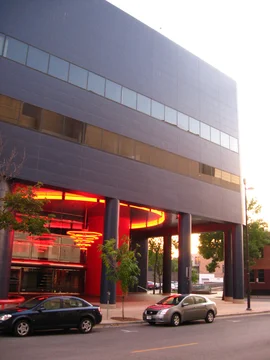
Yesterday, visiting Judge Barker granted a motion to transfer in MCP IP, LLC v. Velocity Outdoor Inc., C.A. No. 24-683-JCB (D. Del.). The Court's opinion is lengthy and thorough, and it looks like the kind of analysis that is going to be cited quite a bit in future transfer motions.
I won't summarize the whole opinion, but a couple of points stood out to me as worth noting for those who may face (or file) transfer motions in patent cases.
The case was filed in Delaware by a company headquartered in Wisconsin, against a Delaware corporation headquartered in New York. The defendant moved to transfer the case to Wisconsin based (in part) on the fact that the accused products are manufactured there by a subsidiary of the defendant.
The Court applied the Third Circuit's Jumara factors, which—as we've observed in the past)—can be tough to apply consistently, and can tend to favor transfer in IP cases.
Plaintiff's Forum Preference - This is the factor that consistently favors plaintiff. As the Court here noted, different judges have given this factor differing amounts of weight depending on the defendant's connection to Delaware. Judge Barker decided to give it its full weight despite the fact that the plaintiff here had no connection to Delaware:
[T]he District of Delaware has given the plaintiff’s choice different weight in different cases. In some, it discounted the weight of the plaintiff’s choice where the plaintiff lacked any connection to the forum state. . . . In others, it reasoned that the plaintiff’s connection to the forum has no bearing on the factor. . . . To ensure that plaintiff’s choice of forum is not lightly disturbed and to avoid double counting factors, this court will assume that this factor remains paramount and is not dampened by plaintiff’s lack of connection to Delaware. Cf. Rampart, 2025 WL 227287, at *2 (“Many of the reasons for lessening the importance of a plaintiff ’s choice in forum are subsumed and given weight under [other] Jumara factors . . . .”). Accordingly, this factor weighs strongly against transfer.
MCP IP, LLC v. Velocity Outdoor Inc., C.A. No. 24-683-JCB, at 11 (D. Del. Aug. 19, 2025).
Here are notes from some of the more interesting Jumara factor analyses here:
Whether the Claim Arose Elsewhere - The Court declined to hold that a patent case like this arises everywhere the defendant sells infringing products. It noted that the products are ...








